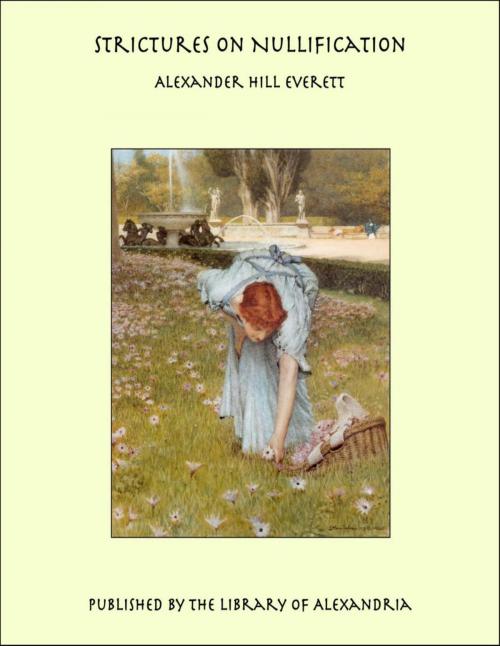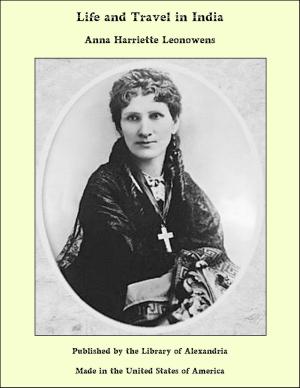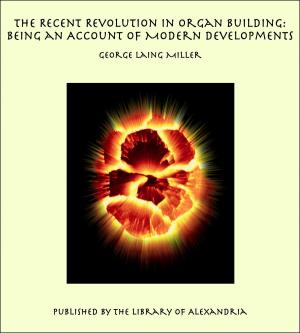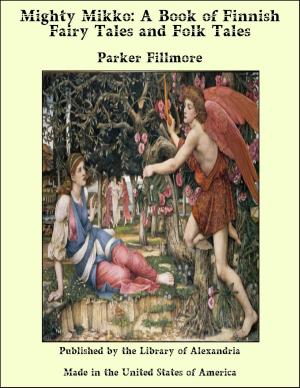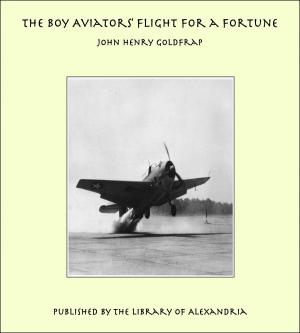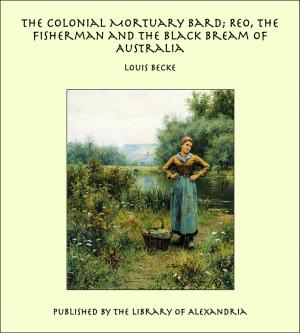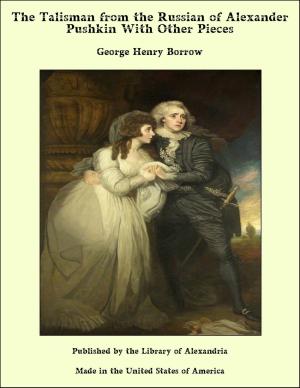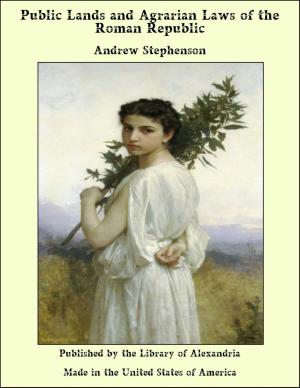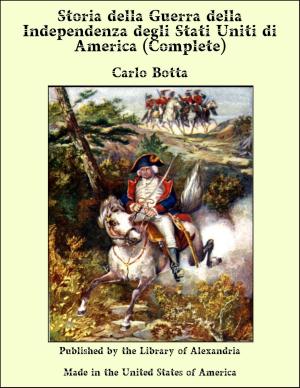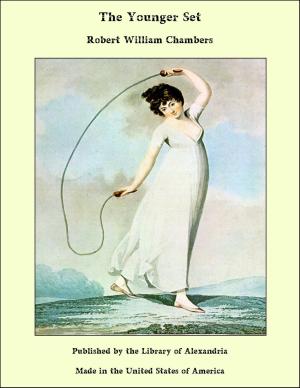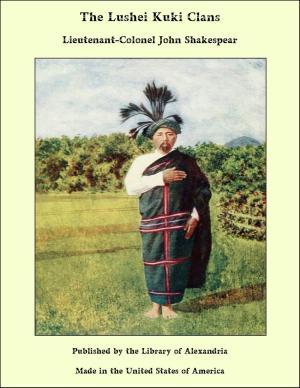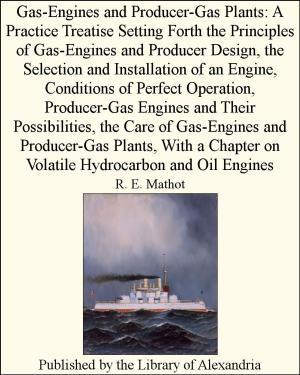Strictures on Nullification
Nonfiction, Religion & Spirituality, New Age, History, Fiction & Literature| Author: | Alexander Hill Everett | ISBN: | 9781465551306 |
| Publisher: | Library of Alexandria | Publication: | March 8, 2015 |
| Imprint: | Language: | English |
| Author: | Alexander Hill Everett |
| ISBN: | 9781465551306 |
| Publisher: | Library of Alexandria |
| Publication: | March 8, 2015 |
| Imprint: | |
| Language: | English |
The discontents on the subject of the Tariff, which have so long existed in several of the Southern States, and particularly in South Carolina, have at length reached a crisis. As soon as it was ascertained that the party in favor of Nullification had prevailed in that State at the late elections, the Governor immediately summoned an extraordinary session of the Legislature, which was held accordingly at Columbia, on the 22d of October. In calling together the new Legislature before the end of the current political year, as generally understood, the Governor exercised an authority, which may perhaps be fairly considered as doubtful, although it appears to have been sanctioned by the highest judicial authority of the State. This, however, is a secondary question, upon which we shall not enlarge. In the message which he transmitted to the Legislature at the opening of the extraordinary session, the Governor recommended to them to pass an act authorizing the meeting of a Convention, to deliberate upon the measures to be taken by the State for the purpose of obtaining relief from the operation of the Tariff. The act was accordingly passed by large majorities,—two thirds being required by the Constitution;—and the Convention, which was chosen in pursuance of it, opened its session at Columbia on the 19th of November. This body proceeded at once and without much discussion to adopt what they call an 'Ordinance to nullify' the Revenue laws of the country, which we propose to copy in the course of our remarks. Having published this act, with an accompanying exposition of their motives in passing it, and addresses to the people of the United States and of South Carolina, the Convention adjourned without delay, leaving it in charge to a committee appointed for that purpose to summon another meeting, if it should appear expedient.
The discontents on the subject of the Tariff, which have so long existed in several of the Southern States, and particularly in South Carolina, have at length reached a crisis. As soon as it was ascertained that the party in favor of Nullification had prevailed in that State at the late elections, the Governor immediately summoned an extraordinary session of the Legislature, which was held accordingly at Columbia, on the 22d of October. In calling together the new Legislature before the end of the current political year, as generally understood, the Governor exercised an authority, which may perhaps be fairly considered as doubtful, although it appears to have been sanctioned by the highest judicial authority of the State. This, however, is a secondary question, upon which we shall not enlarge. In the message which he transmitted to the Legislature at the opening of the extraordinary session, the Governor recommended to them to pass an act authorizing the meeting of a Convention, to deliberate upon the measures to be taken by the State for the purpose of obtaining relief from the operation of the Tariff. The act was accordingly passed by large majorities,—two thirds being required by the Constitution;—and the Convention, which was chosen in pursuance of it, opened its session at Columbia on the 19th of November. This body proceeded at once and without much discussion to adopt what they call an 'Ordinance to nullify' the Revenue laws of the country, which we propose to copy in the course of our remarks. Having published this act, with an accompanying exposition of their motives in passing it, and addresses to the people of the United States and of South Carolina, the Convention adjourned without delay, leaving it in charge to a committee appointed for that purpose to summon another meeting, if it should appear expedient.
